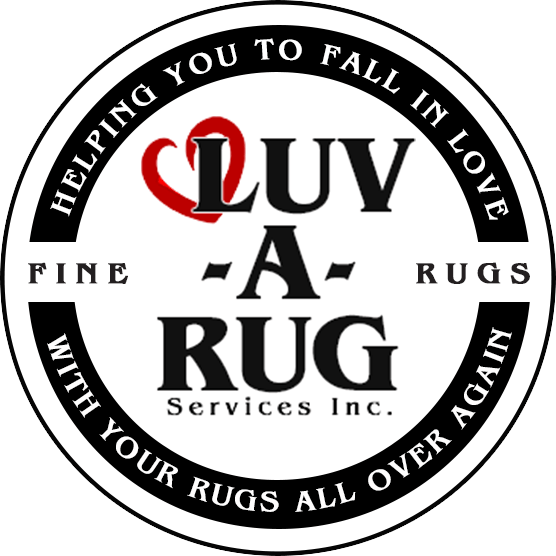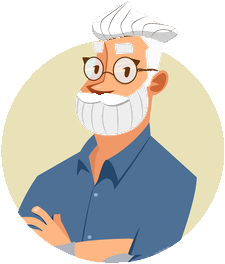Area Rug Carpet Cleaning Galiano Island BC, V0N 1P0
Are your looking for area rug carpet cleaning Galiano Island BC?
Luv-A-Rug serves all of Galiano Island - call us about our FREE (limited) pickup/delivery service...
...or deliver your area rug to us where we will unload it from your vehicle for you!
We guarantee that whenever you bring in one of your dirty (and/or stinky) area rugs to us, we will give it back to you feeling so soft, fluffy and fresh smelling that you'll fall in love with your rug all over again!
Luv-A-Rug is located only 2 hour 7 min (59.3 km) away from Galiano Island

Have You Seen All These Other Services Luv-A-Rug Provides?
- Pet stain removal
- Guaranteed pet odor removal
- Custom rug repairs
- Fringe repair & replacement
- Authentic reweaving
- Flea & moth removal
- Sail & boat top cleaning
- Survival suit cleaning
- Wetsuit odor removal
- Firefighter turnout gear cleaning
- Hockey equipment cleaning
- Goalie equipment cleaning
- Lacrosse equipment cleaning
- Stuffed Animals cleaning
- Horse blankets cleaning
- Outdoor furniture cleaning
- Luxury handbags cleaning
- Wool & Silk rug cleaning cleaning
A little History of Galiano Island (courtesy of Wikipedia)

Before the arrival of Europeans, Galiano Island was long inhabited by aboriginal people from the Penelakut First Nation as well as other Coast Salish peoples, who used the island as a summer fishing colony. Midden pits at Montague Harbour suggest at least 3000 years of habitation.
In the late 1770s, before Europeans had even arrived in the area, the small pox epidemic reached the Coast Salish region, killing as much as 30% of region's original population. Subsequent outbreaks would reduce the First Nations population even further over the following century.
In 1792, Spanish navigator Dionisio Galiano was dispatched by the Spanish crown to seek out the rumoured Northwest Passage. After returning from Nootka sound, Galiano and his two vessels, Sutil and Mexicana, entered the Straight of Juan de Fuca later that year.
While sailing near modern day Point Roberts, Galiano encountered the British expedition led by Captain George Vancouver. The two exchanged maps and parted ways on friendly terms, despite the somewhat hostile relations between their mother countries. Galiano then proceeded to circumnavigate Vancouver Island, confirming it to indeed be an island, and returned to Mexico shortly after to report his findings. He would later die at the Battle of Trafalgar (1805) during the Napoleonic Wars.
When news of the discovery of gold on the British Columbia mainland reached San Francisco in 1858, nearby Victoria became an important port for miners on their way to the Fraser Canyon gold fields. Due to increased interest and in the area, the Royal Navy hydrographer Captain George Henry Richards was tasked with mapping the area around Galiano Island in 1859, and decided to name the island in honour of the Spanish navigator who had visited the region 67 years prior.
In the early years of European settlement the island’s primary industries were fishing and logging. Poor soil on the island limited the development of widespread agriculture found on other Gulf Islands, such as nearby Saltspring. Early settlement included a pioneer farming community on the shores of “Plumper Pass” (later renamed Active Pass). Other settlers, such as Scotty Georgeson (a Shetland Islander who married a Fraser Valley Sto:lo woman), also held land and had family on Galiano in this early period.
Beginning in the 1870s a small number of Asian immigrants, particularly Japanese, also decided to settle the area for its abundance of fish stock and timber. These Japanese immigrants, primarily from Wakayama prefecture, brought with them methods of charcoal production, who’s evidence can still be found on the island today. Many of these Japanese settlers continued to operate salteries on the North end of the island until the outbreak of war with Japan.
Fun Fact: Galiano was an important seasonal home of Aboriginal people for thousands of years.

